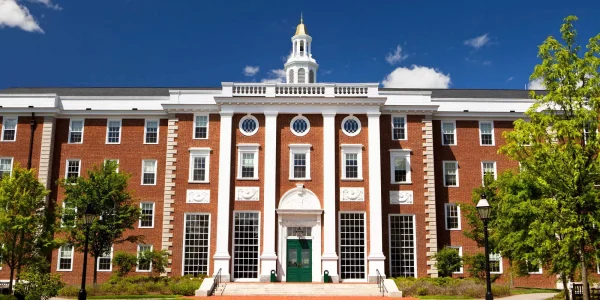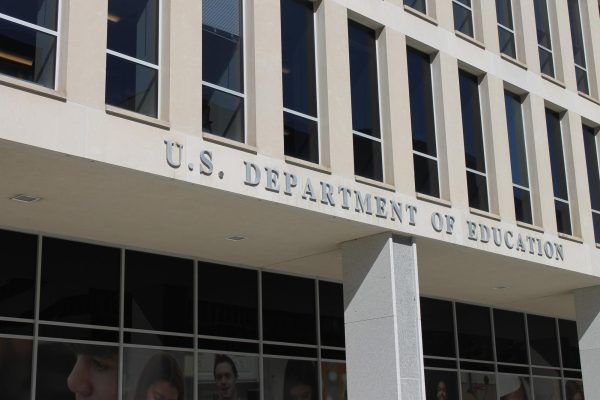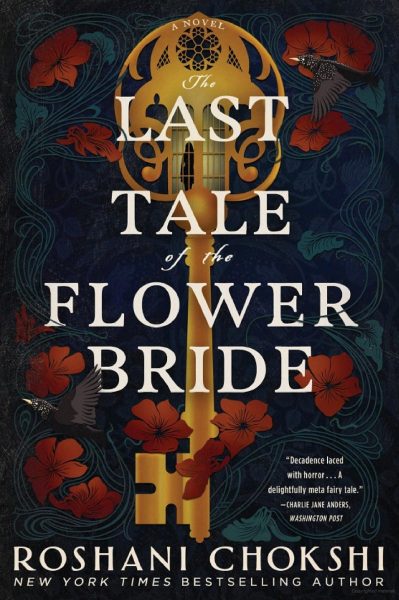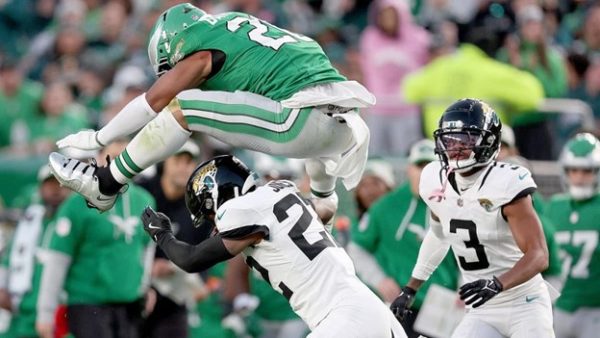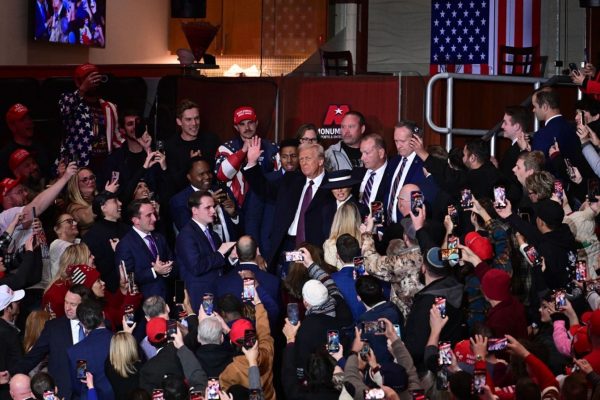The All-American High School Experience: Declining College Admission Rates and “Hustle Culture”

College admission rates are dropping to an all-time low, with some top schools in the U.S. accepting only 3% of applicants per year. High school students across the country now face the pressure to succeed to an impossible extent to ensure their admission into the top 20 universities.

Why are colleges becoming more selective and how can students survive in this high-stakes environment?
During the Covid-19 pandemic, many colleges opted to make SAT/ACT test scores optional when submitting applications. This prompted students who wouldn’t think to apply to top colleges like the Ivy Leagues (because of their high test-score expectations) to put their name in the admissions pool. The number of applications sent to top schools skyrocketed during this time, which forced many schools to become more selective in the acceptance process.
Some schools are continuing with this test-optional policy, as it is more lucrative for them, while others, like MIT, are reinforcing SAT/ACT requirements to interpret the academic readiness of potential students.
It is unclear whether other top colleges will follow this trend, but it would not be a financially smart move, as it would deter a lot of students who would be weeded out based on their low scores from paying to apply to their school.
A university’s main goal is to increase their desirability to the public. The more desirable and “prestigious” a school is, the more applicants there will be, and the more money the university will make.
Another deterrent to potential applicants is low acceptance rates, which is why a lot of top colleges are now choosing not to release their admission rates at all. Although they are still required to relay this information in federal government reports, it is not as easily accessible this way. Colleges claim this choice is not ill-intentioned.
According to Princeton University’s Dean of Admissions, Karen Richardson, “Neither prospective students nor the University benefit from the admissions process being boiled down in headlines to a single statistic like the admission rate…We do not want to discourage prospective students from applying to Princeton because of its selectivity.”
Though others find this good-intentioned reasoning hard to believe. Dan Lee, a co-founder of Solomon Admissions Consulting said, “I understand the mental health perspective, but at the same time, it may be that some of these schools are looking to get more people to apply…more people will apply as a result of not being turned off by the 2, 3, 4 percent acceptance rate.”
With acceptance rates so low that top colleges are deciding not to show them, the pressure is on for high school students. They must excel in their academics and have a long list of impressive extracurriculars to get into their dream schools. High schoolers have subscribed to “hustle culture” to meet these demands.
This culture pins students against each other in a productivity war and leaves them feeling guilty if they are not utilizing every spare minute to “get ahead.” Students are constantly focused on the future and therefore, cannot live in the present.
This somewhat encouraged rivalry between students prevents them from building close friendships. Students from North Carolina School of Science and Mathematics expressed the toll that this constant competition has on their social lives.
Christina Zhang says, “there’s definitely feelings of not being truly proud of your friends for winning something if you wanted that as well.” A former Yale professor, Suniya Luthar, adds, “The feeling is that there’s not enough room at the table for all of us.” The need to be the best undoubtedly fills high school friendships with distrust and jealousy.
This pressure to excel, joined with not being able to express feelings with peers (competitors) has a detrimental impact on the mental health of students, as suicide rates in people ages 10 to 24 have increased about 60% from 2007 to 2018, according to the CDC.
Even after the acceptance letters roll in, students face further triumphs. Once on campus of these prestigious schools, a lot of students find that they do not enjoy the college life/community or campus because all they were focused on was the rank and prestige of the school. Author of The Good News About Bad Behavior, Katherine R. Lewis says, “They may be getting into Princeton and Yale and Harvard, but there, the campus mental health facilities are overflowing.”
If colleges continue to become more selective, students will become more and more engulfed in “hustle culture,” the mental health of American teenagers will continue to dwindle.
So, we must ask: Is it worth it to put our youth through this nightmarish process to fulfill the American Dream?


